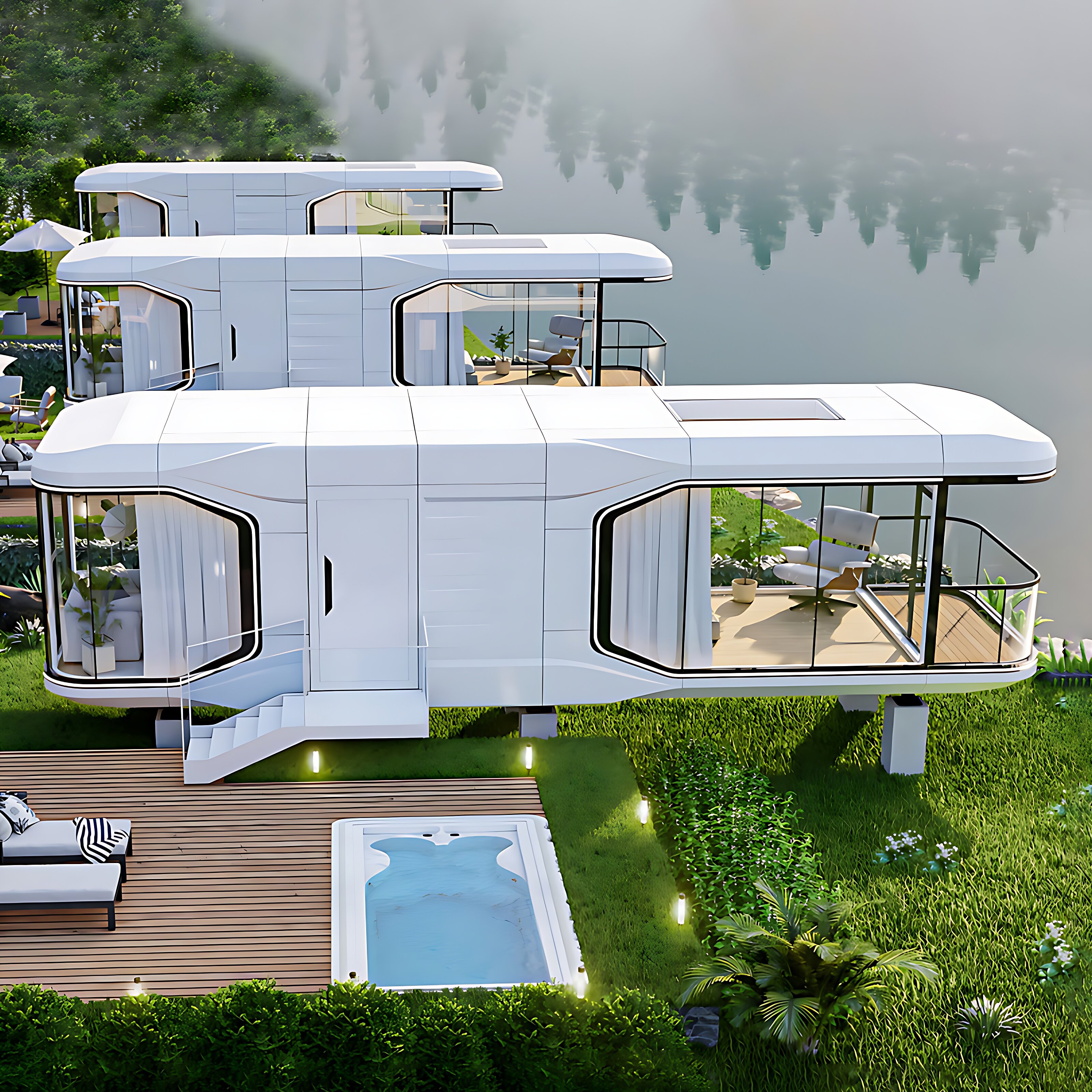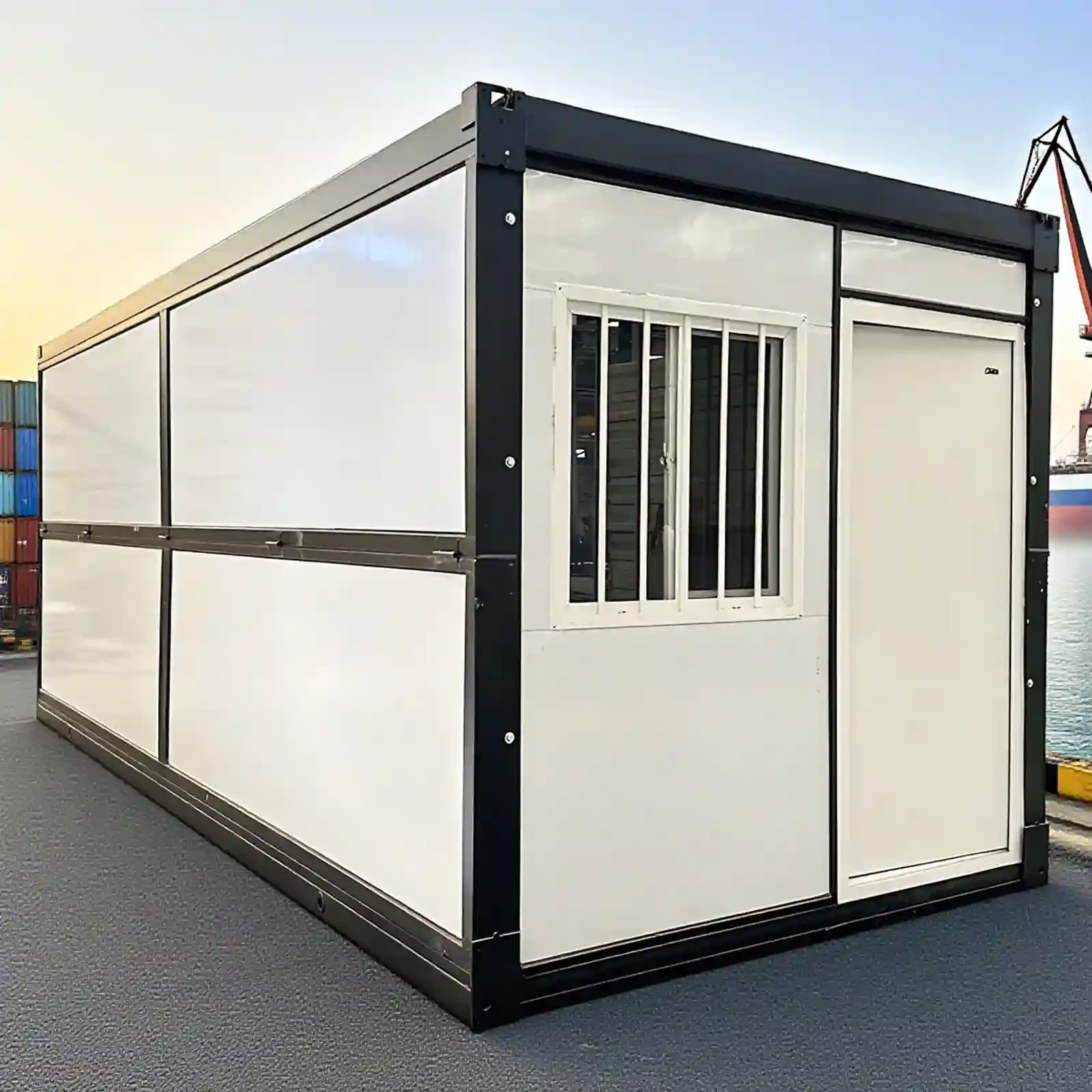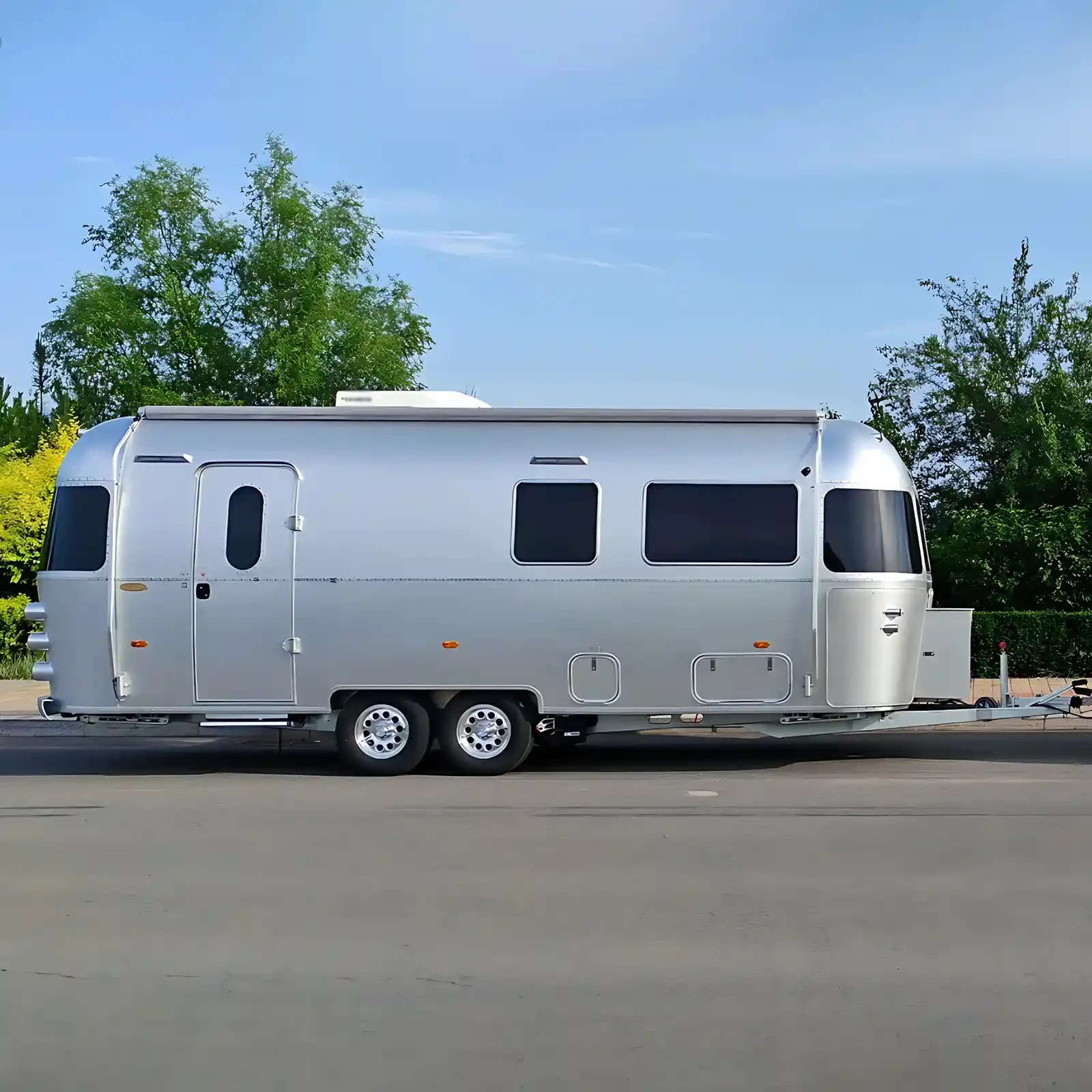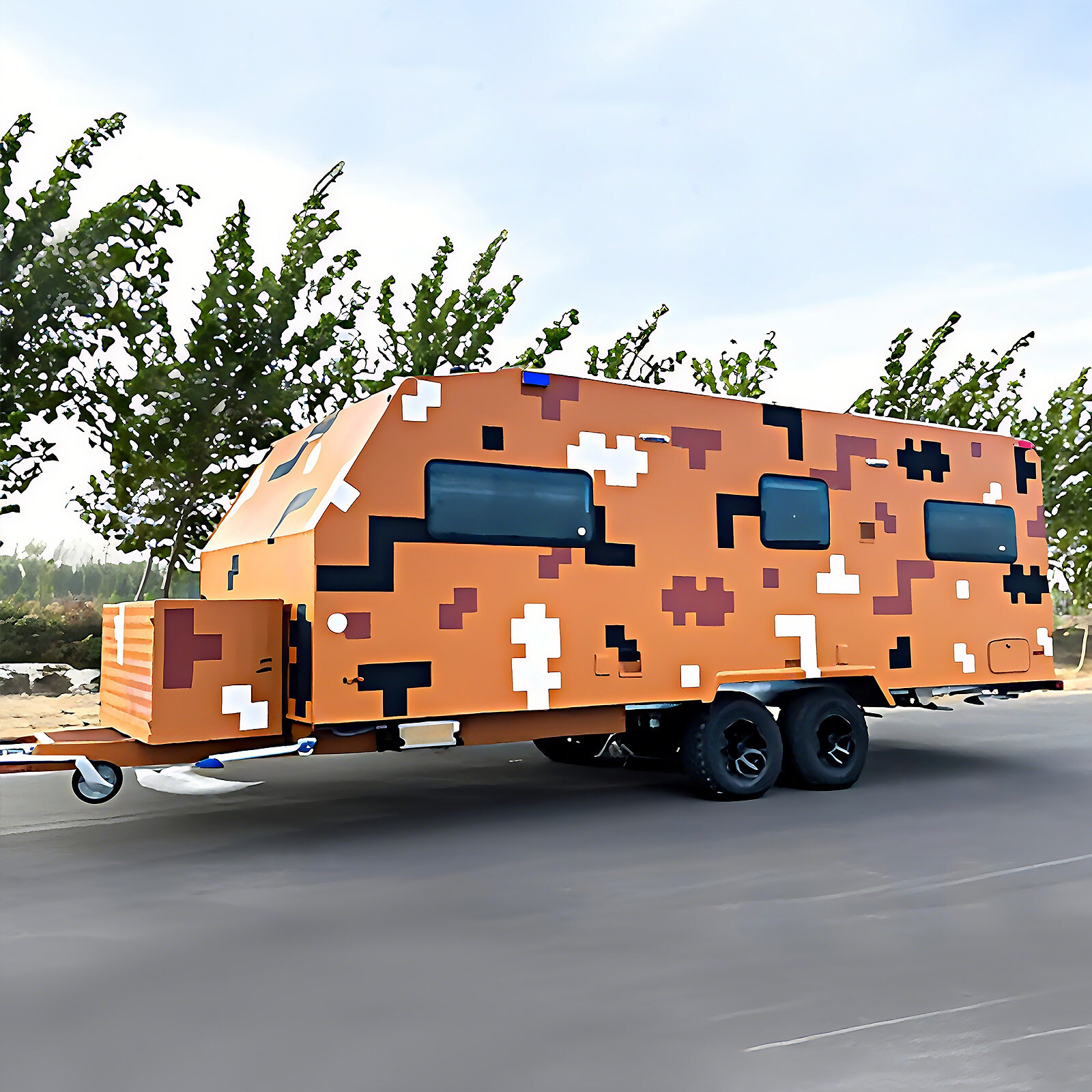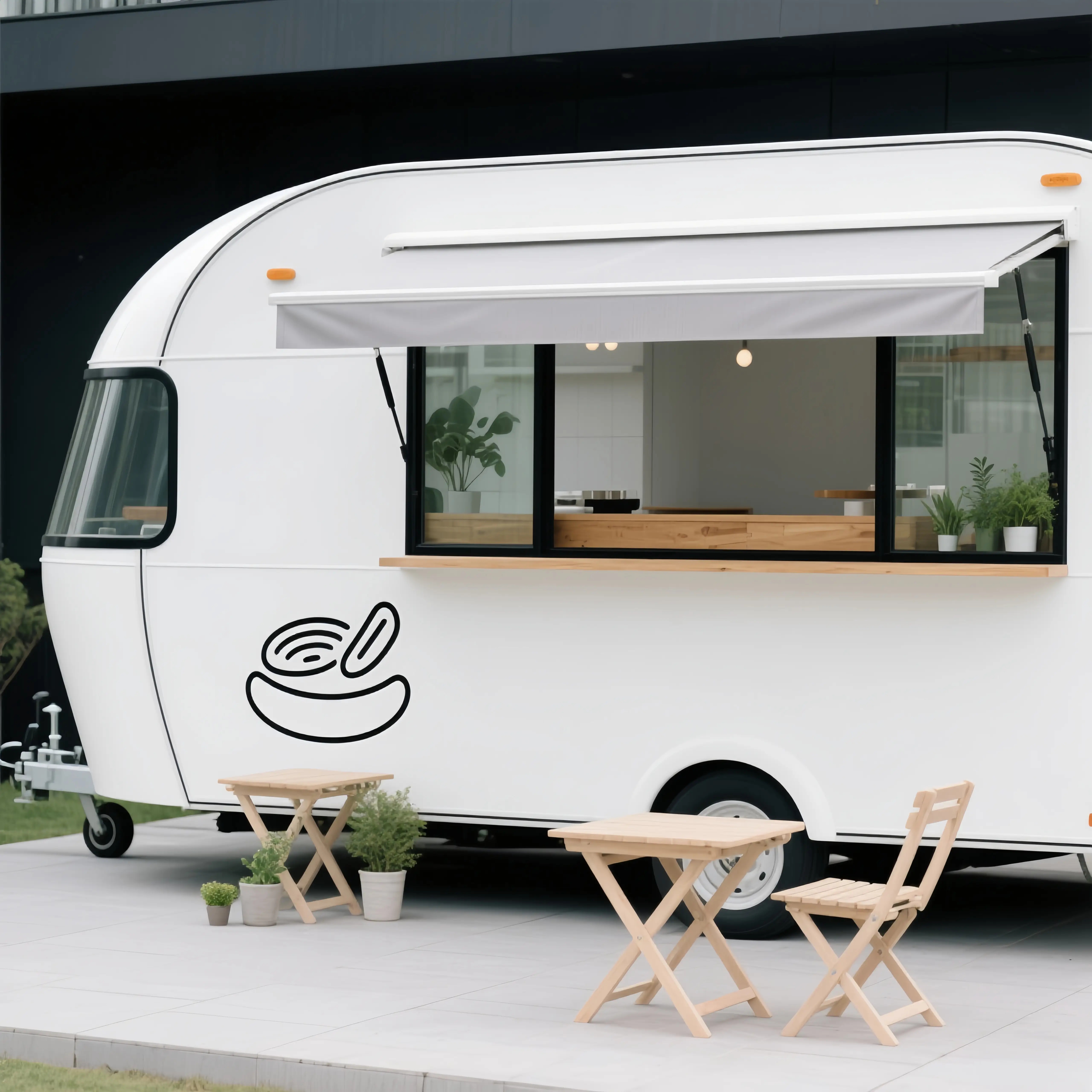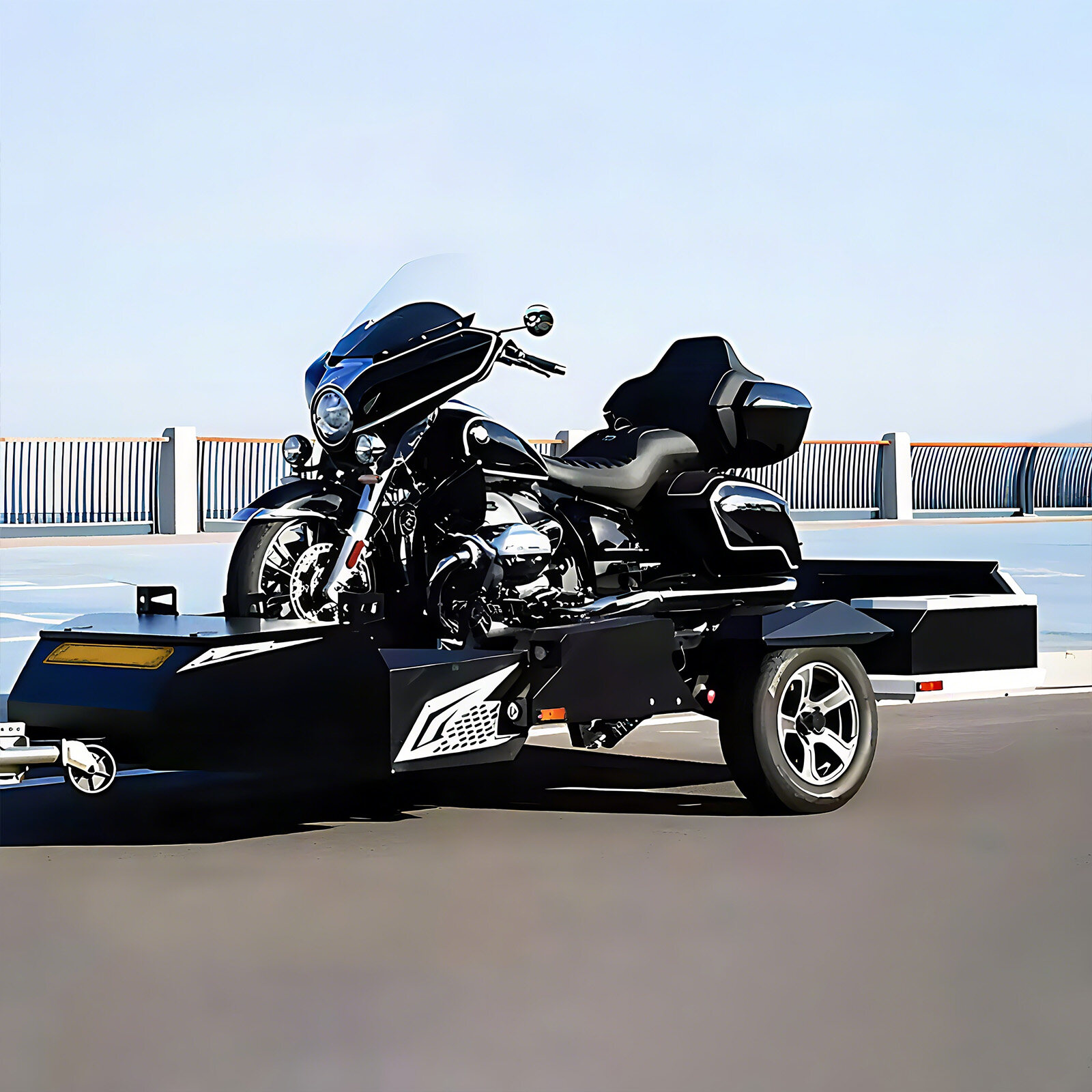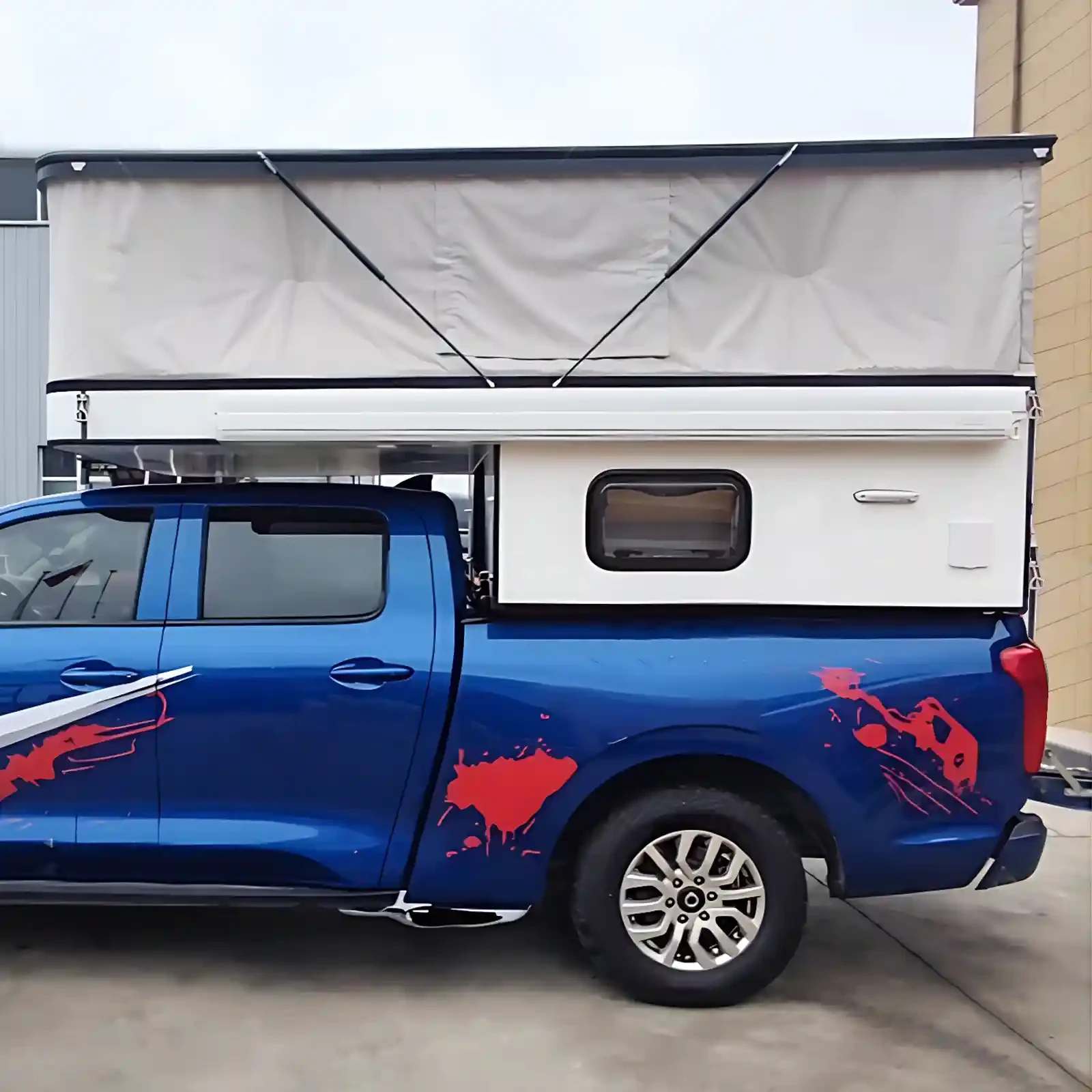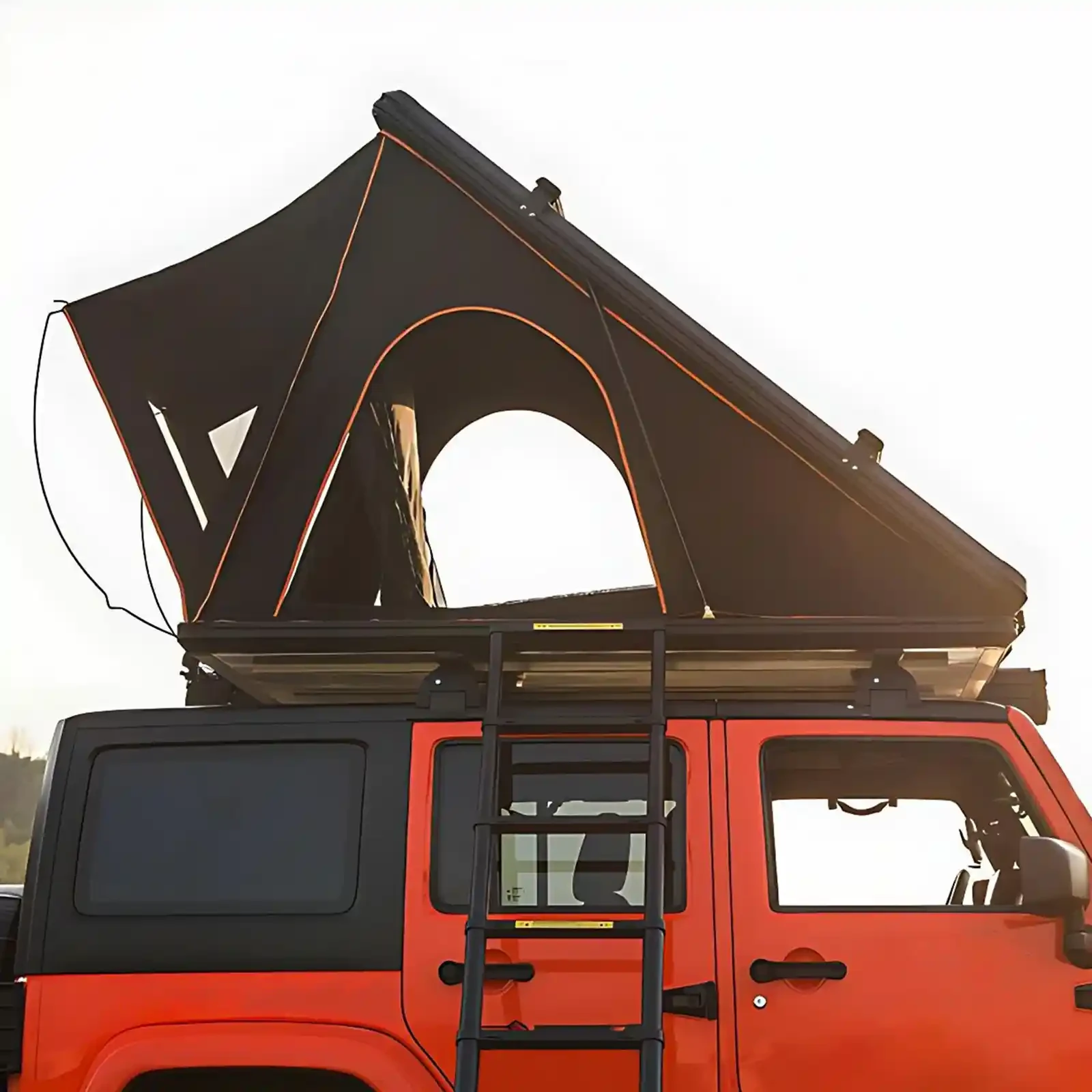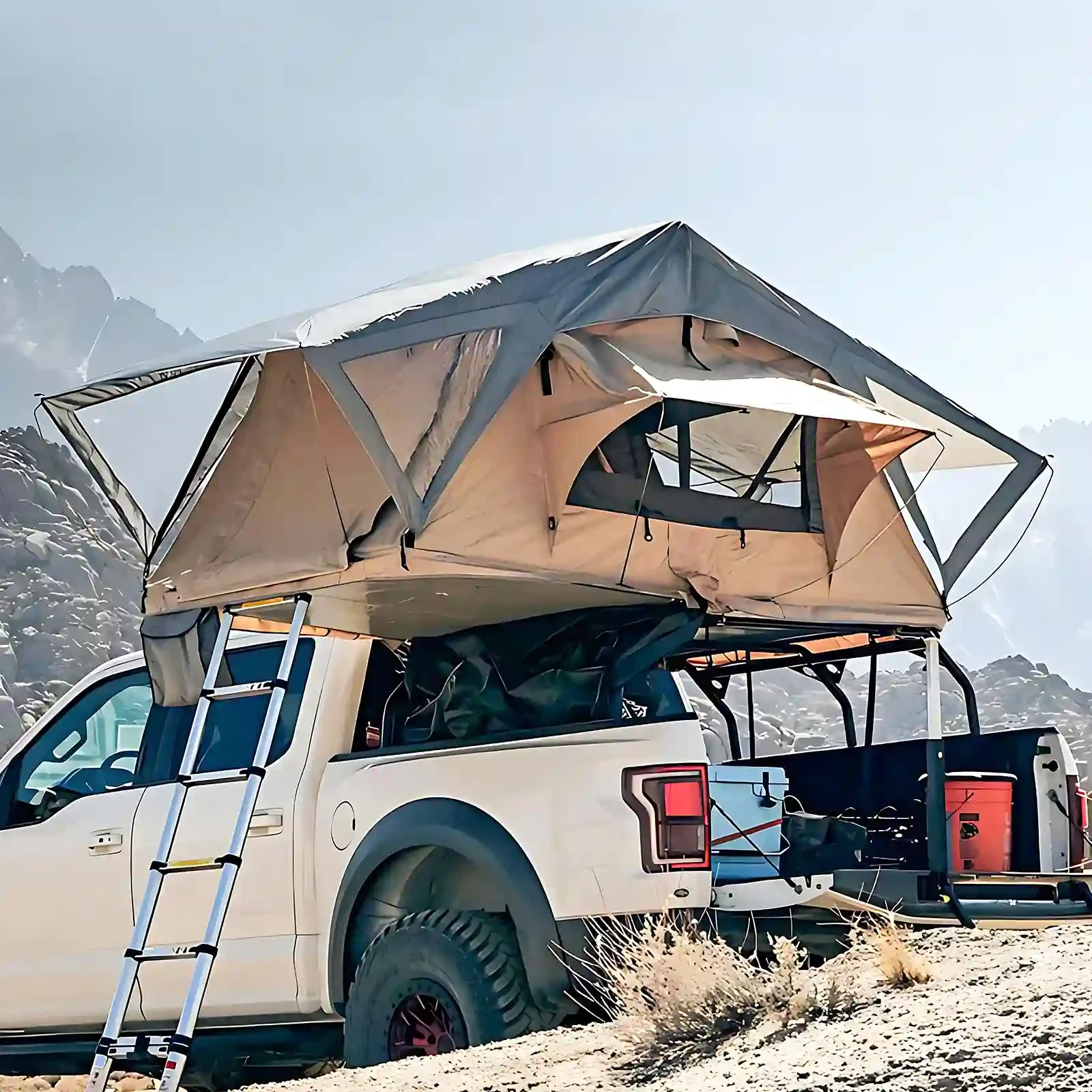A while camping in Moganshan recently, I spotted a strange "white capsule" parked at the foot of the mountain. Upon closer inspection, I realized it was a fully equipped mobile home. The owners, a retired couple, had just moved from Qiandao Lake the previous week and said they were "tired of the lake view and wanted to move to a bamboo forest." At that moment, I suddenly realized: freedom of residence is truly possible.
I.What problems does turning homes into "mobile modules" solve?
This mobile home, called an "Apple Pod," essentially transforms homes into mobile modules. But what truly impresses us is that it addresses the core dilemma modern people face when it comes to "housing": the desire for stability and comfort, yet the desire for freedom from being tied to a fixed address.
Traditional house construction requires waiting for approvals, construction, and renovations, a process that can take at least six months. However, an Apple Pod is a prefabricated "ready-made home" that can be transported to your site, connected to water and electricity, and ready for move-in within a few hours.
A friend of mine works in nature education. Last year, he installed his apple pod on a suburban farm, and this year, he moved it to the seaside—essentially, building a "migrating nature classroom" for his children.
II. Is this 27-square-meter mobile home actually livable?
1. Space Utilization: The Secret to a Small, Unburdened Space
This mobile home features a modular design, housing a kitchen, bathroom, bedroom, and living room within its 27-square-meter space. I took a closer look at the interior layout and found it can accommodate a 1.8-meter bed, leaving room for an open kitchen.
The designer clearly put a lot of thought into it, with features like a folding dining table and wall-mounted storage, maximizing the utilization of the small space.
2. Comfort: The Smart System is More Intimate Than Commercial Housing
My actual experience revealed that its smart system is even more thoughtful than many commercial housing units. Simply shout "Xiao Ai" and the lights automatically adjust to a warm yellow, and the air conditioning switches modes based on the outdoor temperature.
The best part is the solar power module. I spent three days in the mountains without mains electricity, and my phone, refrigerator, and projector still worked—this is true "wild luxury."
3. Safety: Wind-resistant, heat-insulating, and environmentally friendly
The homeowner knocked on the wall and said, "The aviation alloy frame is more wind-resistant than the brick-concrete house back home." Later, I looked it up and learned that this composite wall can maintain a constant temperature between -15°C and 35°C. Last year, a user in Northeast China reported that their indoor temperature reached 22°C with floor heating on in winter.
As for environmental protection, the formaldehyde-free panels and low-energy design are indeed more reassuring than traditional renovations.
III. Who is suitable for a mobile home? What are its limitations?
1. These three types of people are best suited
"Semi-recluses" who want to escape the city but are afraid of the hustle and bustle
Entrepreneurs who need flexible space (such as B&B owners and nature educators)
Families who want to relocate their parents to a new environment for retirement
An interesting case study: a couple uses an Apple Cabin as a "mobile studio," photographing rapeseed blossoms in Wuyuan in spring and poplar trees in Ejina in autumn, their home following the location.
2. Be aware of these limitations in advance
Currently, there are not many places in China that allow for long-term parking. Although policies do not require permanent land, it is best to communicate with the village committee or campsite in advance.
Although the initial investment is lower than buying a house, the long-term maintenance costs must also be factored in.
Finally: It's not just the house that's mobile; it's the possibilities of life.
The homeowner in Moganshan pointed out the window and said that after moving in, he realized that the sound of rain is different in each season—rustling in the bamboo forest, thumping by the lake, and muffled in the city. This freedom to change your "background music" at any time is perhaps the most valuable aspect of the Apple Pod.
When a house ceases to be a fixed asset and becomes a mobile living container, we may truly understand that home is never just a concrete address, but a small, secure space wherever you are.

 USD
USD
 GBP
GBP
 EUR
EUR
